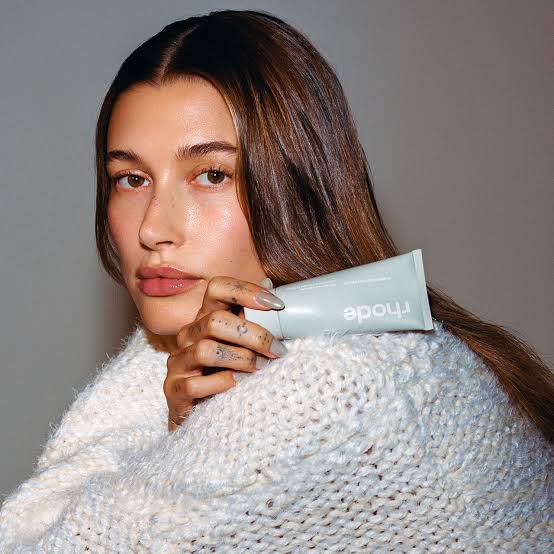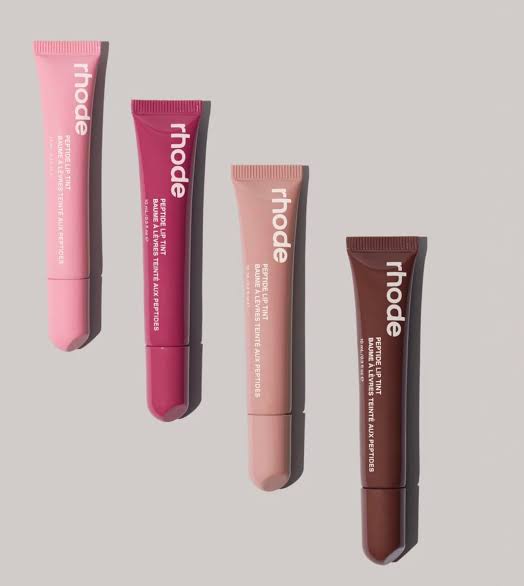Clearly, Haley Bieber's celebrity status and influence among young people allowed her to create a positive impression of her brand even before its launch. This phenomenon is known as the "halo effect," meaning that positive traits in one aspect of a personality can influence other aspects.
Research shows that people tend to perceive products associated with celebrities as more trustworthy and of higher quality, which contributes to brand success.
Haley Bieber actively used her platform to promote Lorde, which generated widespread publicity and created an "anticipation effect" among consumers. Many netizens caught on to the trend and purchased cosmetics to write their first reviews of trending products after their launch.
Lord's success can be explained by consumer psychology and current social trends. Haley was able to clearly identify the target audience for the product.
The main consumers are the younger generation who are looking for products that meet their life values.
Awareness: In the age of social networking, brands that have an active presence on the Internet and are easily recognizable in the digital space are in great demand among younger audiences.
Quality and Availability: Young people are looking for high quality, yet reasonably priced products that are accessible to a wide range of consumers.
Customization: Younger generations value uniqueness and strive for personalization. Products that express individuality are perceived as more valuable.
Aesthetics: Since consumers are already fed up with visual noise, viral product packaging should be simple, concise, and aesthetic.
The rapid success of Haley Bieber's Road brand can be attributed to a combination of her personal influence, effective marketing strategies, unique product offerings, and understanding of modern consumer psychology. Together, these elements form a powerful force that draws immediate attention and interest to a new brand.



